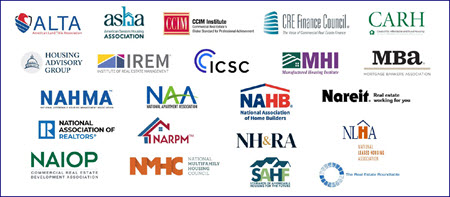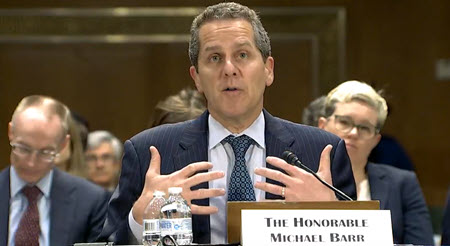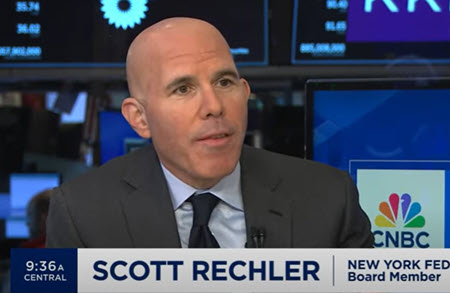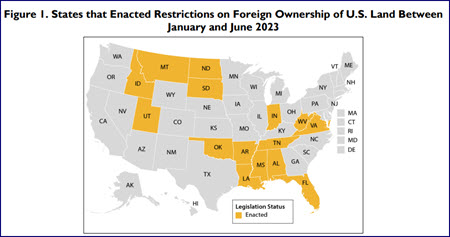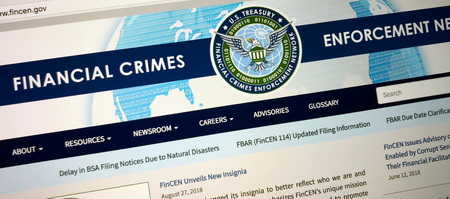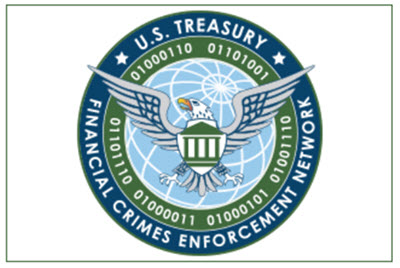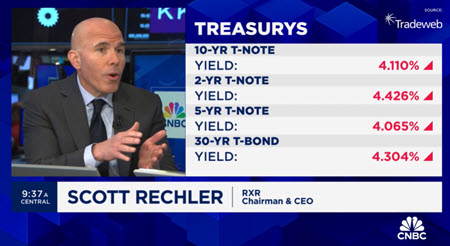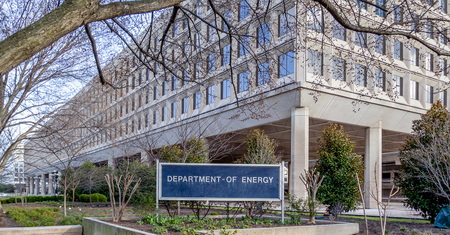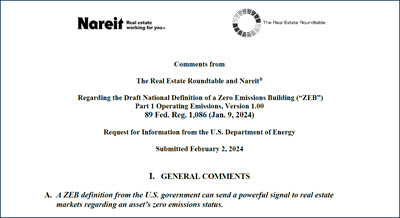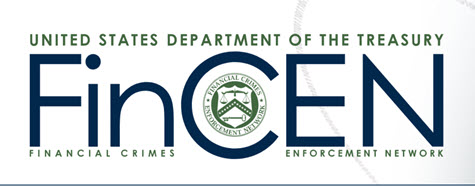
The director of the Treasury Department’s Financial Crimes Enforcement Network (FinCEN) appeared before the House Financial Services Committee this week to address recent regulatory proposals for investment advisors to combat illicit finance activity and money laundering in U.S. residential real estate. Director Andrea Gacki testified, “We are also considering next steps with regard to addressing the illicit finance risks associated with the U.S. commercial real estate sector.” (Committee hearing and Gacki’s statement, Feb. 14)
FinCEN’s Business Regulatory Proposals
- The hearing on Wednesday followed a new FinCEN proposal that would require investment advisors to report suspected money laundering to the U.S. government. (Wall Street Journal, Feb. 13)
- A fact sheet on the proposal explains that although FinCEN is not proposing an obligation for investment advisers to collect beneficial ownership information at this time, it anticipates it will do so in the future. (FinCEN Proposal and Fact Sheet, Feb. 13 | Treasury’s 2024 Investment Adviser Risk Assessment)
- Last week, FinCEN proposed a rule that would require certain real estate professionals involved in the closing or settlement of residential transfers to report information to FinCEN about the beneficial owners of legal entities and trusts involving all-cash transactions. The rule would not require the reporting of sales to individuals. (Roundtable Weekly, Feb. 9 | Reuters and AP, Feb. 7)
- Another set of regulations that took effect on Jan. 1, 2024 is expected to collect personal information from owners of at least 32 million U.S. businesses into a beneficial ownership registry managed by the government. A beneficial owner is described as individual who owns at least 25 percent of a company or enough to exert significant control over it. (Final Rule | Fact Sheet | RER background on beneficial ownership)
- FinCEN Director Gacki told the House Committee that more than 430,000 businesses have submitted reports to the registry so far. (PoliticoPro, Feb. 14)
Concerns About Beneficial Ownership Registry
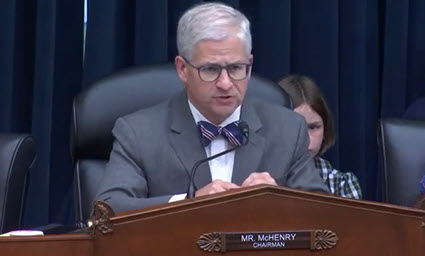
- In his opening statement, Committee Chairman Patrick McHenry (R-NC), above, was critical of Treasury’s ongoing proposals and its beneficial ownership regulations affecting small businesses. McHenry added, “Until FinCEN can show Congress it can do its current job and appropriately use its existing authorities, I’m skeptical of providing greater authorities and resources.” (FinCEN’s background information and FAQs on beneficial ownership reporting)
- McHenry added, “The administration has transformed what was a simple and direct program into Frankenstein’s monster of complexity. We now have a new, overly complex and less secure access regime.”
On Oct. 13, 2023, The Roundtable and a coalition of eight national real estate groups urged Treasury Secretary Yellen to delay the implementation of the burdensome reporting requirements. (Coalition letter | Roundtable Weekly, Oct. 20 and Sept. 30)
# # #



